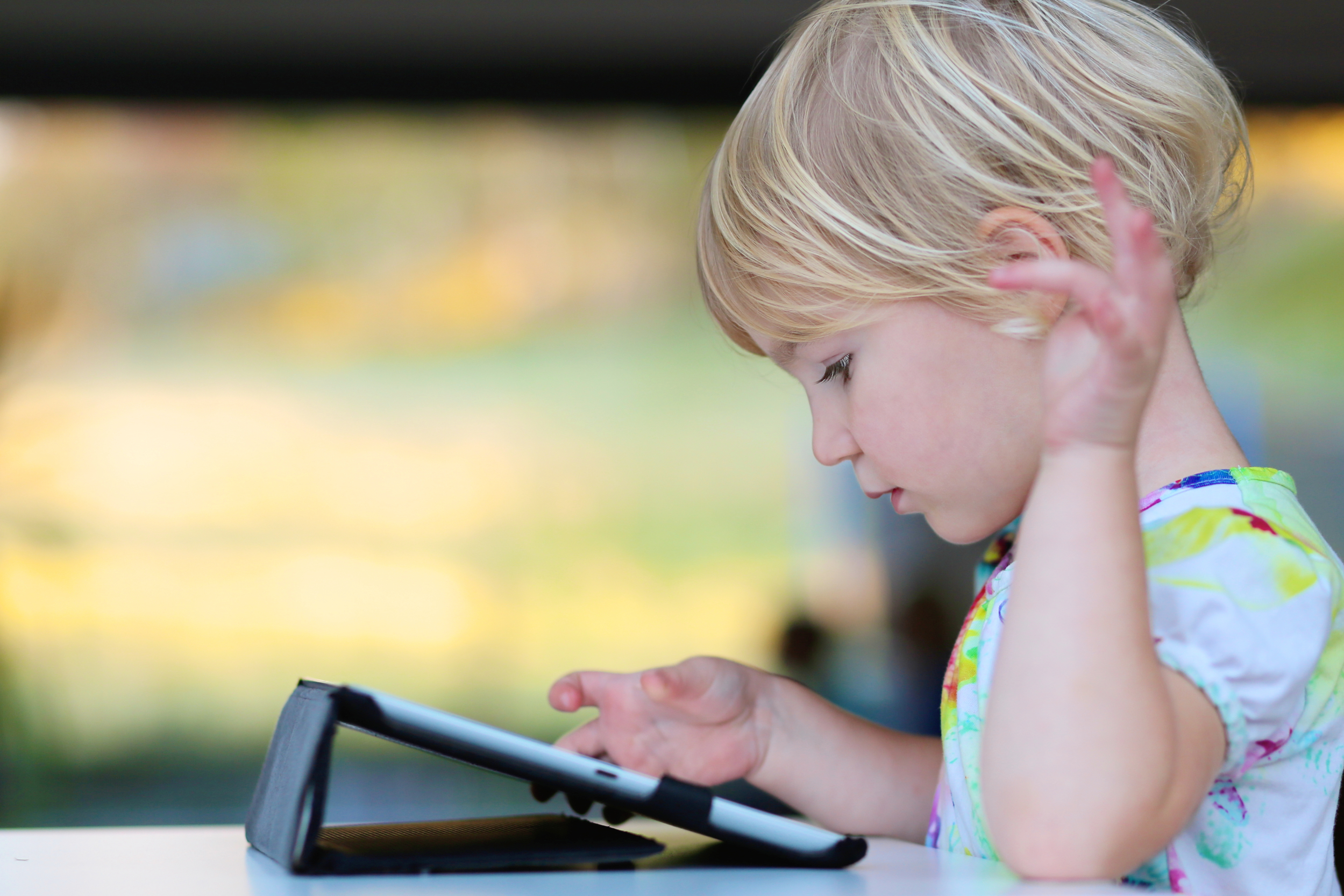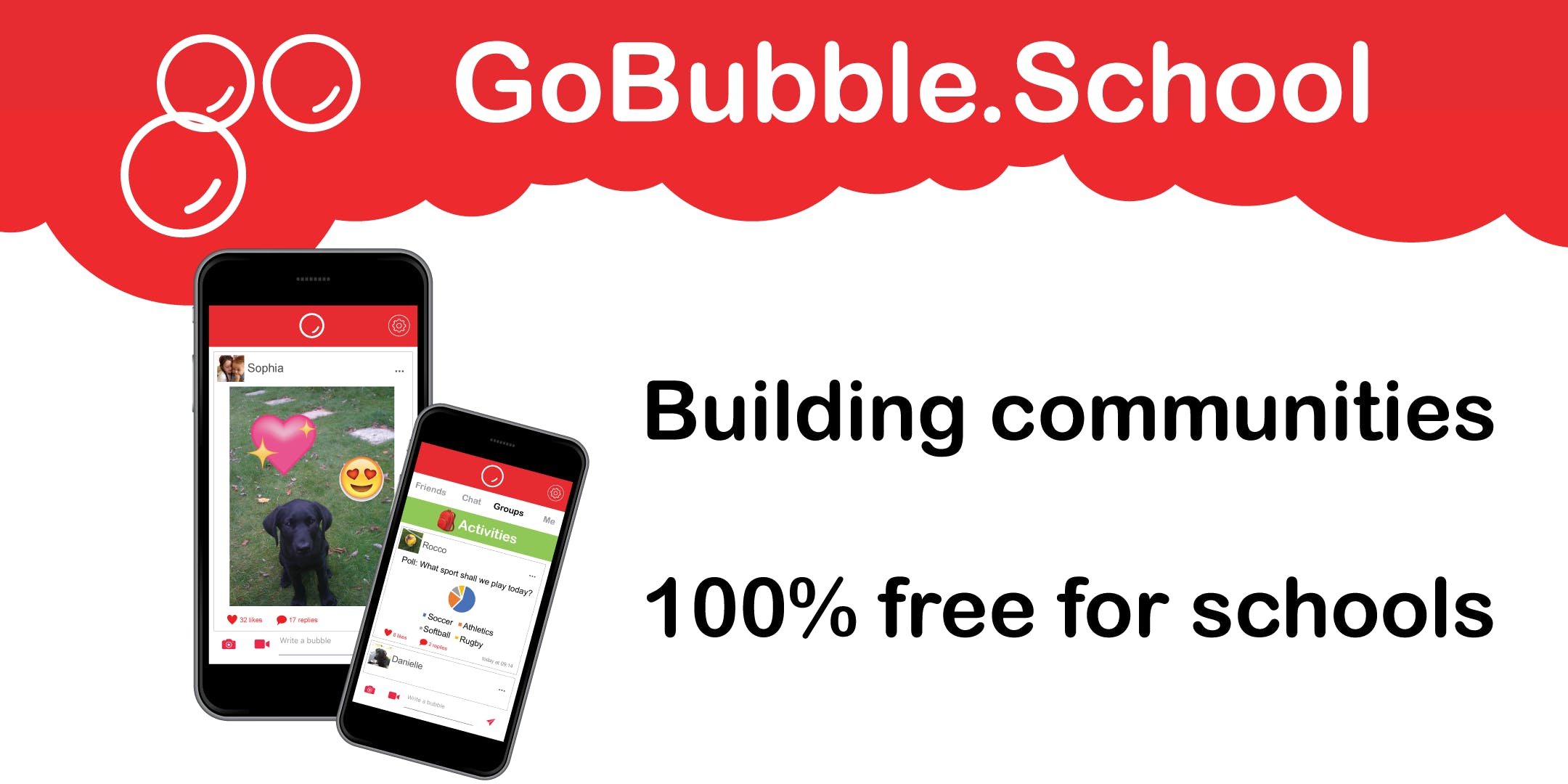Children are now consuming more content on YouTube using mobile devices than on a traditional TV set, according the Public Media Alliance’s blog.
Changing behaviours
Although their screen time is remaining the same, over 1h40 per day, the research by Ofcom has highlighted that children between ages 5 – 15 are favouring online channels YouTube and NetFlix, over traditional television channels such as BBC1, BBC2 and Channel 4.
Trust factor
Despite young viewers choosing to watch more user-generated content and programmes, trust is still an important factor. The research found the TV is still the go-to for news.
Relevant content
Children are increasingly using mobile devices and are looking to view alternative content, or shorter clips, rather than watching television programmes. In the report, it details that children no longer feel that they can relate as well to TV programmes. This may be an indicator as to why these online channels are preferred.
Over a quarter of 12-15 years old are more likely to use YouTube for music videos, funny videos, jokes, pranks or challenges. This is the sort of content that would have been delivered on channels such as MTV.
Digital skills
With many children now having access to mobile devices at a young age, there needs to be the knowledge to enable children to handle this amount of data and be savvy about communicating online. There is an assumption that children know everything about using the Internet just because they can use a tablet or phone. However, basic digital skills are not available to everyone and more than 300,000 young people in the UK do not have access to learning digital skills.
The Carnegie UK Trust launched a campaign called #NotWithoutMe, which is a digital inclusion programme aimed at young people between 11-25 years old across the UK. The programme helps young people develop digital skills in a range of formats and challenges the assumptions surrounding young people and their interaction with the digital space.
Digital skills isn’t something that you just have or don’t have, there is a huge variety of skills and confidence in order to ensure people can be successful online.
To read the full article, go to Public Media Alliance’s blog.





